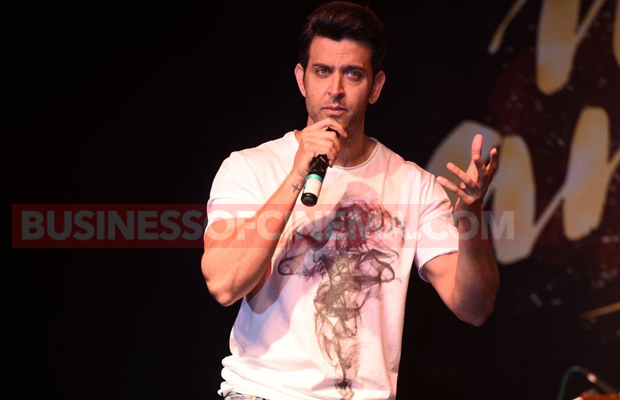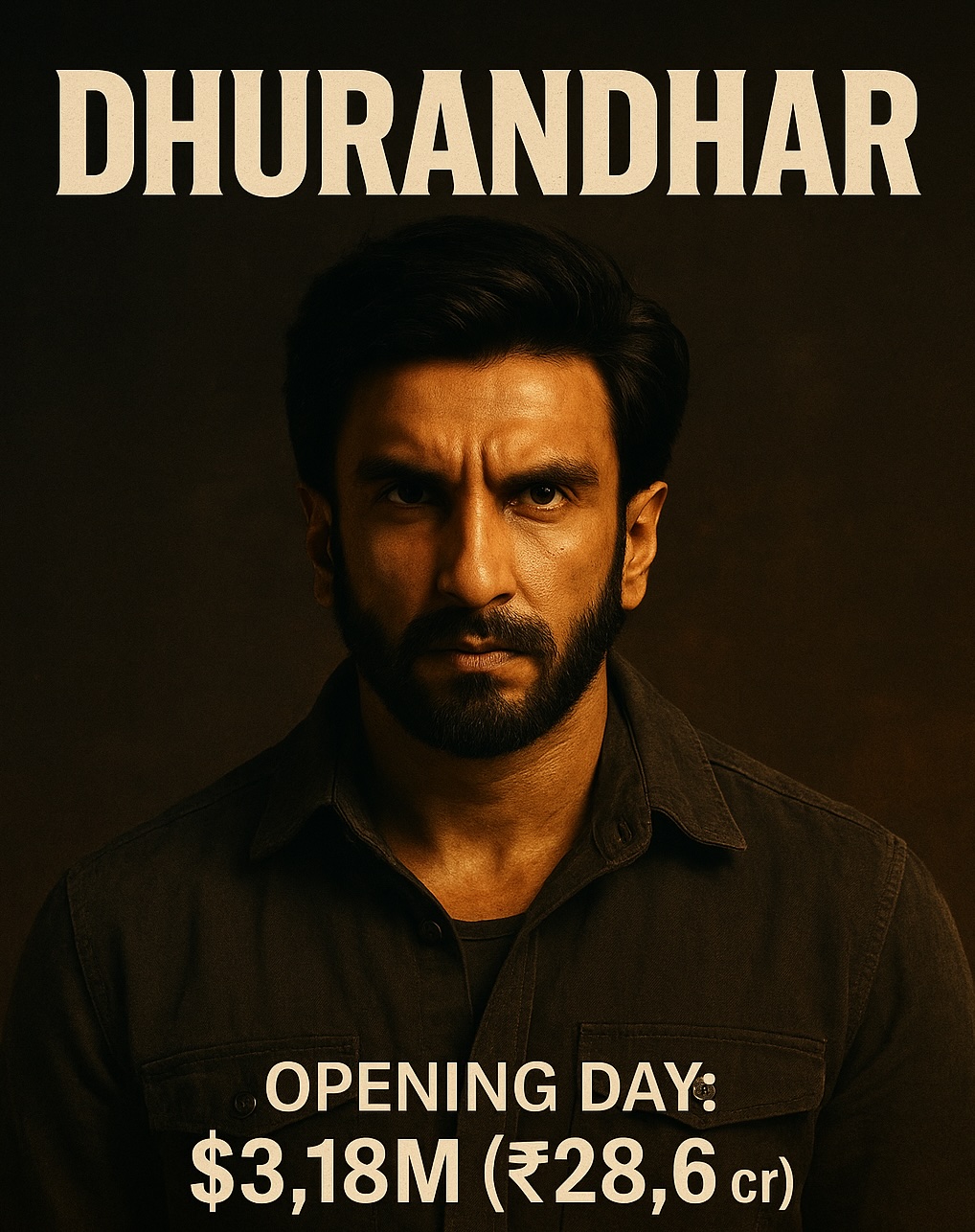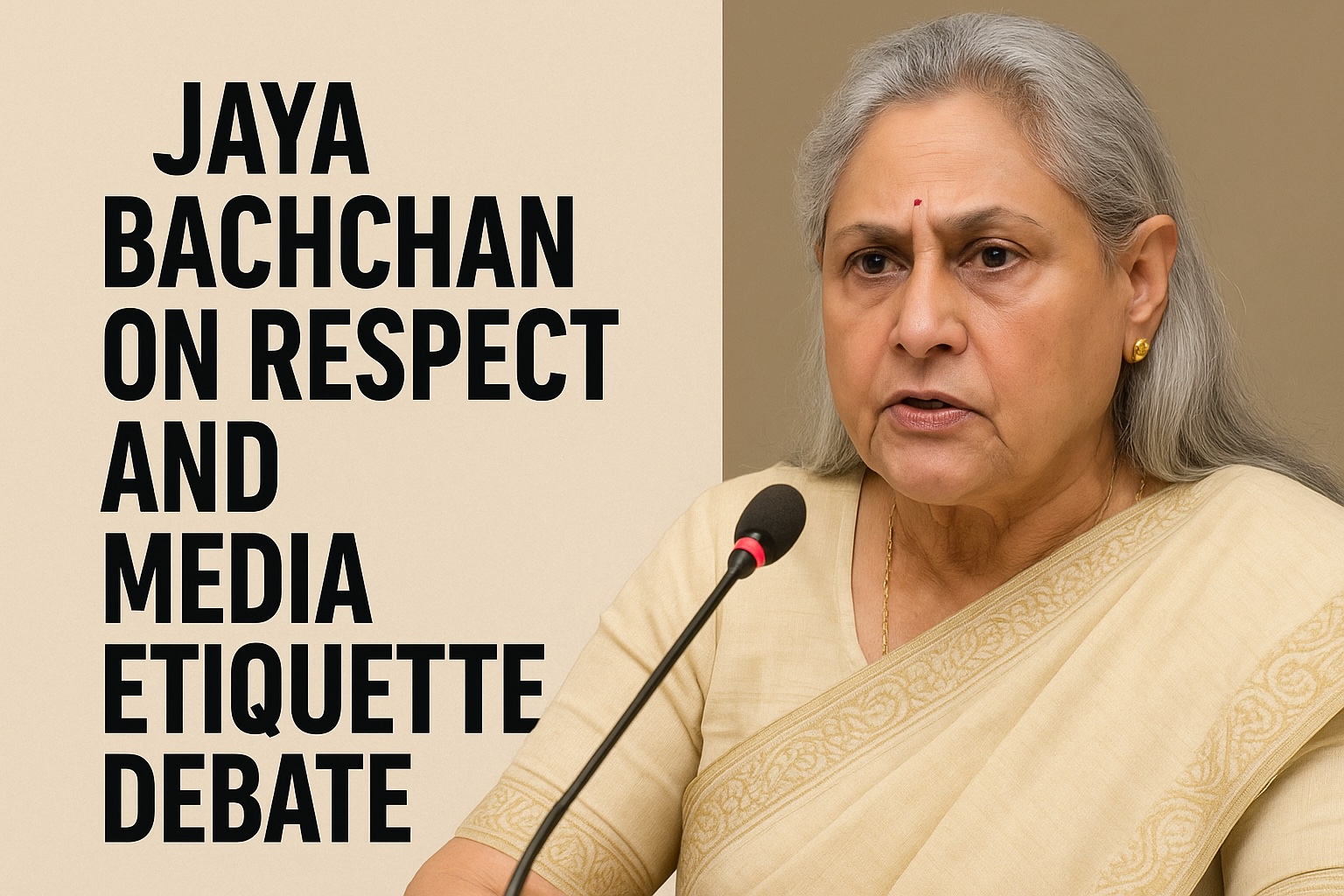Hrithik Roshan is receiving constant appreciation for his acting in his latest release, Kaabil. He plays a character of a visually impaired dancer who is also married to a visually impaired lady. They lead a life of self-reliance.
Hrithik Roshan has taken a step towards the cause of blindness in India. It started when Prof Dr S. Natarajan of Aditya Jyot Eye Hospital got in touch with the producer of Kaabil, Rakesh Roshan, after watching the trailer of Kaabil. According to sources, he pledged to donate his eyes on the occasion of his 43rd birthday on January 10.
The doctor said, “I saw the trailer of Kaabil in the last week of December, 2016. I contacted Rakesh Roshan on January 6 to ask him if Hrithik would agree to promote eye donation. I was pleasantly surprised when Rakeshji told me that Hrithik was already planning to pledge his eyes. Then I spoke to Hrithik. He invited me over on his birthday and did as he had planned. He asked us to not talk about it as he didn’t want this to be used to promote Kaabil. Now that Kaabil has released and is a great success, we would like people to know of Hrithik’s act and encourage the public to pledge their eyes and share the light, and follow his example.”
Click Here For All Latest Bollywood News
The ophthalmologist, incidentally, was also the doctor for Hrithik‘s grandfather, the legendary composer Roshan. “Though he pledged his eyes on his birthday, he requested us to keep it under wraps. We would now like to use this news to motivate others to follow his example.”
The doctor also said how there is need of 2 lakh corneas every year but there are only 30,000 available. Those corneas are required not just to give sight to the corneal blind, but also required for research.
Hrithik was hesitant at the proposal of making the campaign to promote pledging as a part of movie promotions. The reason behind this was he felt that the movie will be remembered for a period of time. But the eye donation campaign should outlive the movie.
The medical practitioner says that the actor was deeply affected when he learnt that according to NPCB (National Programme for Control of Blindness), by 2020, the number of individuals with unilateral corneal blindness in India is expected to increase to 10.6 million. Of the 45 million blind people across the world, 15 million live in India. The downside is that 75 per cent of these cases are of avoidable blindness, but due to the nation’s acute shortage of donors, most of the cases either go untreated or inadequately treated.





